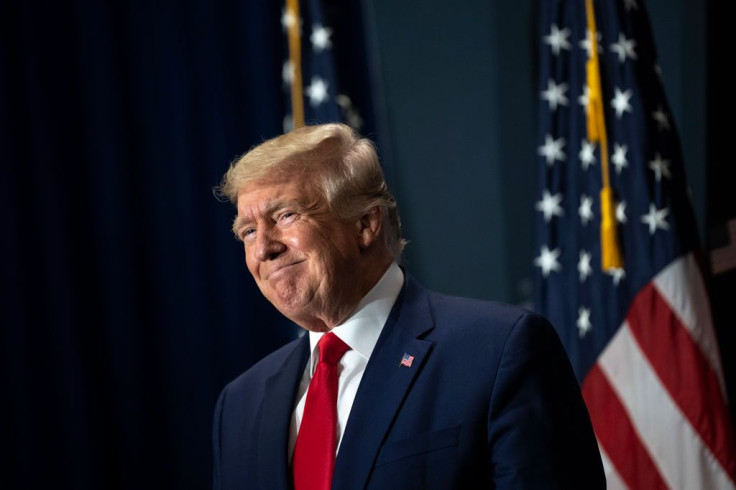A federal appeals court on Wednesday permitted the Department of Justice (DOJ) to resume its use of classified documents that were seized from former President Donald Trump’s Mar-a-Lago home.
U.S. District Court Judge Aileen Cannon mistakenly prevented federal prosecutors from using 100 classified records as part of a criminal investigation, said the ruling by the three-judge U.S. Court of Appeals for the 11th Circuit, reported Fox News. The ruling amounts to an overwhelming victory for the Justice Department. It clears the way for investigators to continue scrutinizing the classified records. They are considering whether to bring criminal charges over the storage of top-secret documents at the Florida property after Trump left the White House.
The court also noted that the former President had presented no evidence that he had declassified the sensitive records. It is something that he maintained as recently as Wednesday, reported the AP News.
The court rejected the possibility that Trump could have an “individual interest in or need for” the approximately 100 classified documents. They were seized by the Federal Bureau of Investigation (FBI) agents during a search of the Florida property on Aug. 8.
Trump said before the appeals court ruling that if you’re the President of America, you can "declassify just by saying ‘It’s declassified.’ Even by thinking about it...You’re the President, you make that decision."
The government had argued that its probe had been impeded by an order from Cannon. It temporarily barred investigators from continuing to use the documents in its investigation.
The appeals panel wrote that it is self-evident that the public has a "strong interest in ensuring that the storage of the classified records did not result in ‘exceptionally grave damage to the national security.'" They added that ascertaining that, "necessarily involves reviewing the documents, determining who had access to them and when, and deciding which (if any) sources or methods are compromised.” They wrote that an injunction that prevented or delayed the criminal probe “from using classified materials risks imposing real and significant harm on the United States and the public."
During a court-authorized search of the Palm Beach club, the FBI seized roughly 11,000 documents, including about 100 with classification markings, according to The Guardian. A criminal investigation was launched to find out whether the records were mishandled or compromised. It is not clear whether Trump or anyone else will be charged following the probe.

© 2025 Latin Times. All rights reserved. Do not reproduce without permission.





